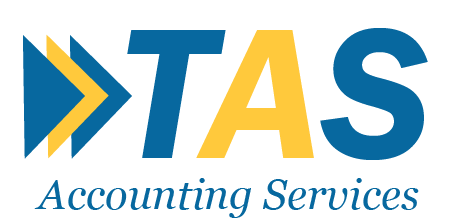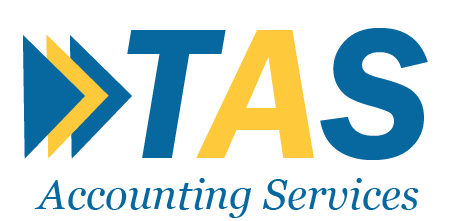It is important to note that while there are legal ways to minimize taxes in Ireland, engaging in tax evasion or aggressive tax planning can result in severe penalties and legal consequences. Always consult with a tax professional or accountant to ensure that you are complying with Irish tax laws while minimizing your tax liability.
Tips for Sole Traders:
As a sole trader in Ireland, there are additional tips you can use to minimize your tax liability. Here are some suggestions:
1. Keep accurate records: As a sole trader, it’s crucial to keep detailed and accurate records of all your business income and expenses. This will help you to claim all the allowable deductions and reliefs and ensure that you pay the correct amount of tax.
2. Claim all allowable expenses: As a sole trader, you can deduct all allowable business expenses from your taxable income. This includes expenses such as rent, utilities, office supplies, and travel expenses. Keep all receipts and invoices as evidence of your expenses.
3. Use the flat-rate expenses allowance: The Revenue Commissioners offer flat-rate expenses allowances for certain professions, such as carpenters, electricians, and nurses. These allowances can be used to reduce your taxable income.
4. Use the simplified expenses method: If you work from home, you can use the simplified expenses method to claim a portion of your home expenses as a deduction. This method is based on the number of hours you work from home each week and can help to reduce your tax liability.
5. Consider registering for VAT: If your turnover exceeds a certain threshold, you may be required to register for VAT. While this will increase your administrative burden, it can also help you to claim back VAT on business expenses.
6. Keep up to date with tax law changes: Tax laws in Ireland are subject to change, so it’s important to stay up to date with any new legislation that may impact your tax liability.
By following these tips, you can minimize your tax liability as a sole trader in Ireland. However, it’s always advisable to seek the advice of a tax professional or accountant to ensure that you are compliant with Irish tax laws and regulations.











